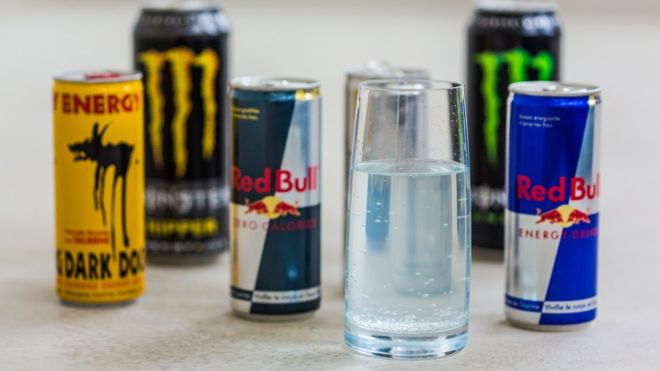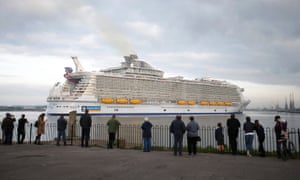The government last week approved the building of the UK’s largest solar plant on the Kent coast. The plant is likely to provide a number of economic benefits, including low-cost, renewable energy and jobs to the local community. However, some residents are concerned about the safety risks associated with the storage system.
Renewable energy helps to reduce negative production externalities associated with non-renewable energy that is both unsustainable and a heavy pollutant; consider the toxic effects of burning coal to produce electricity. Externalities are third party effects which are ignored by the market mechanism so anything that that helps to reduce the negative effects is seen as a good thing helping to correct market failure and achieve allocative efficiency.
There are, however, some issues related to renewable energy; firstly, whilst the production of energy produces very little in the way of emissions, the production of equipment; solar panels, wind turbines, etc, is not emission-free. Secondly, some local communities are concerned about the impact on their quality of life and house prices. It is one reason why so many wind farms are built offshore. In this particular case, local Kent residents are concerned about the risks of exploding energy storage batteries, required given that the sun does not always shine. These costs may include higher insurance premiums and lower house prices, even if the batteries do prove to be safe. Having said that, living next door to an oil field is unlikely to be on many homebuyers wish list, unless, of course, one has drilling rights.
One positive note for the government is that the project is being paid for by the private sector and requires no government subsidy. Welcome relief given last month’s record budget deficit of £62bn. Subsidies for the solar industry were cut some years ago as a result of the mass production of panels in China and their, subsequent, fall in price.



